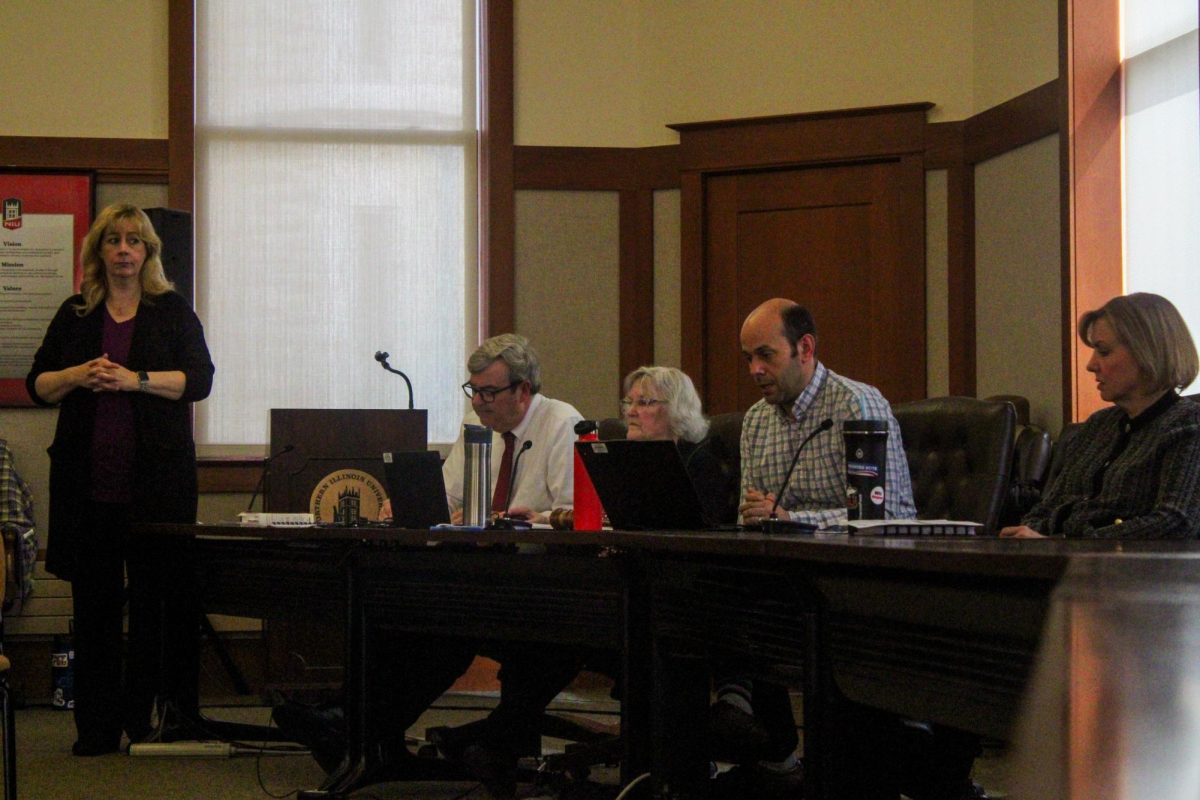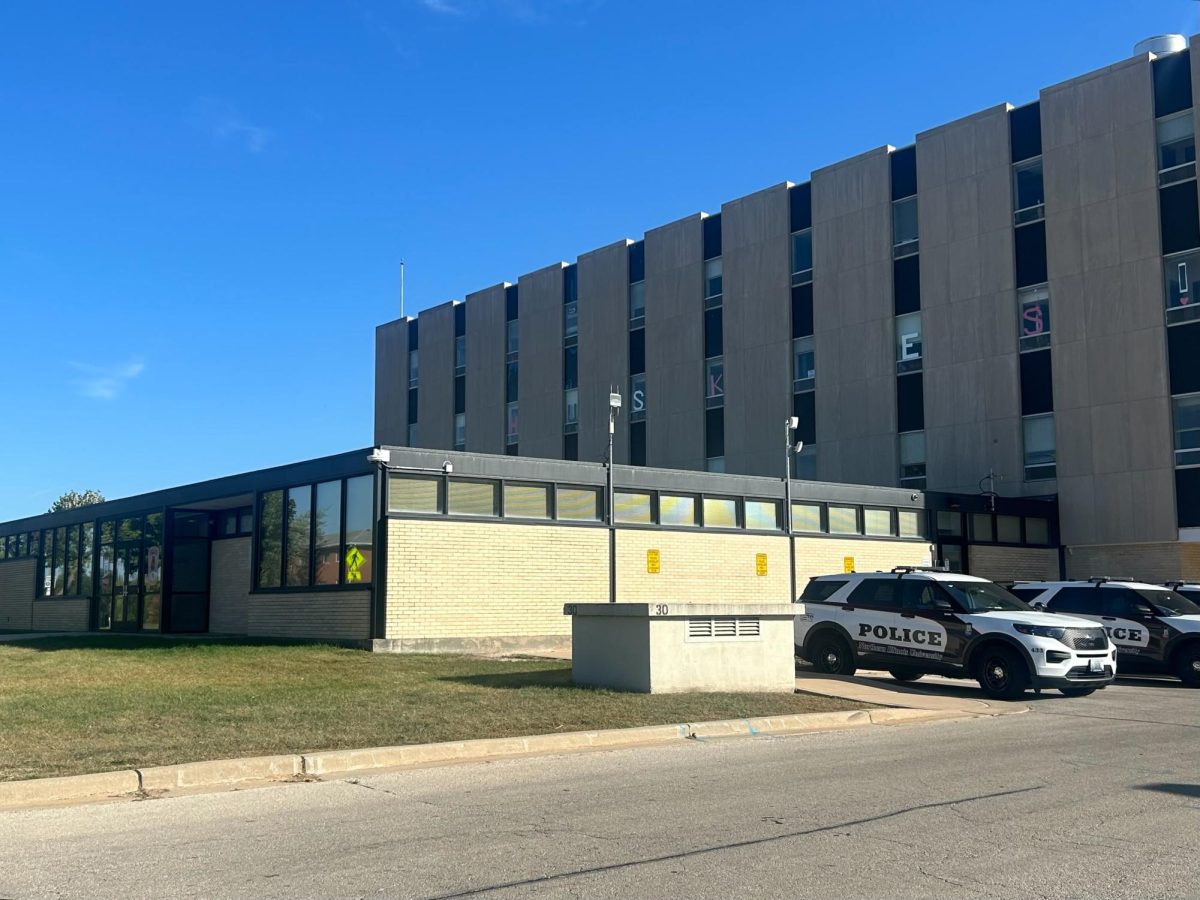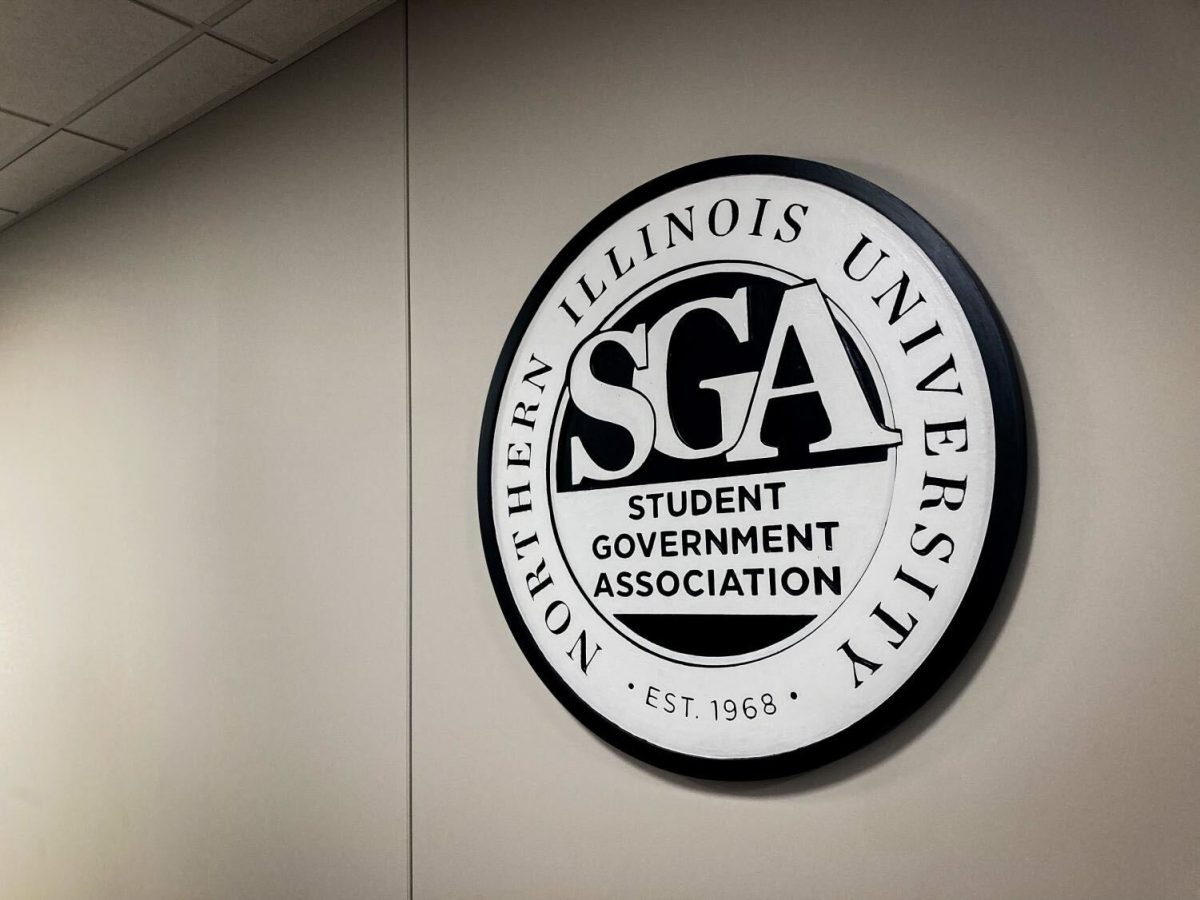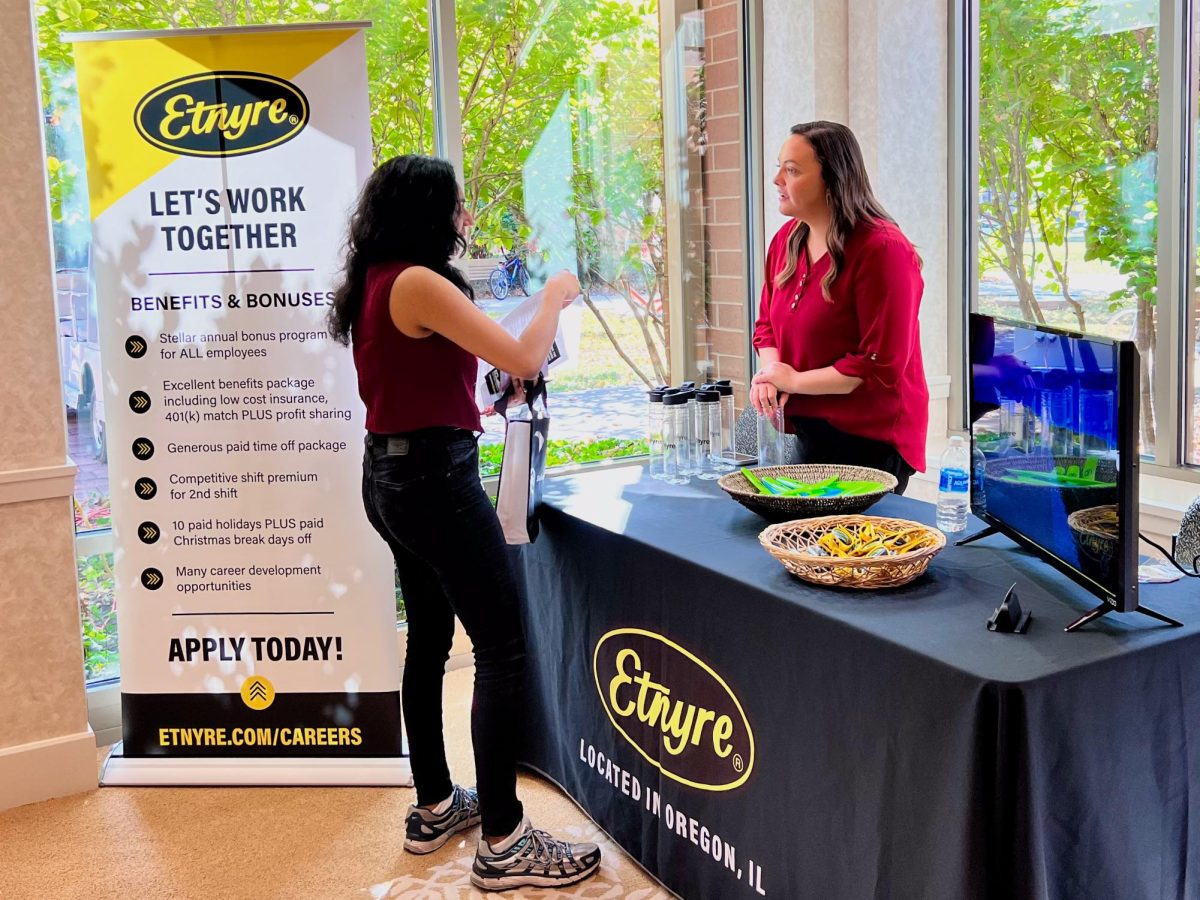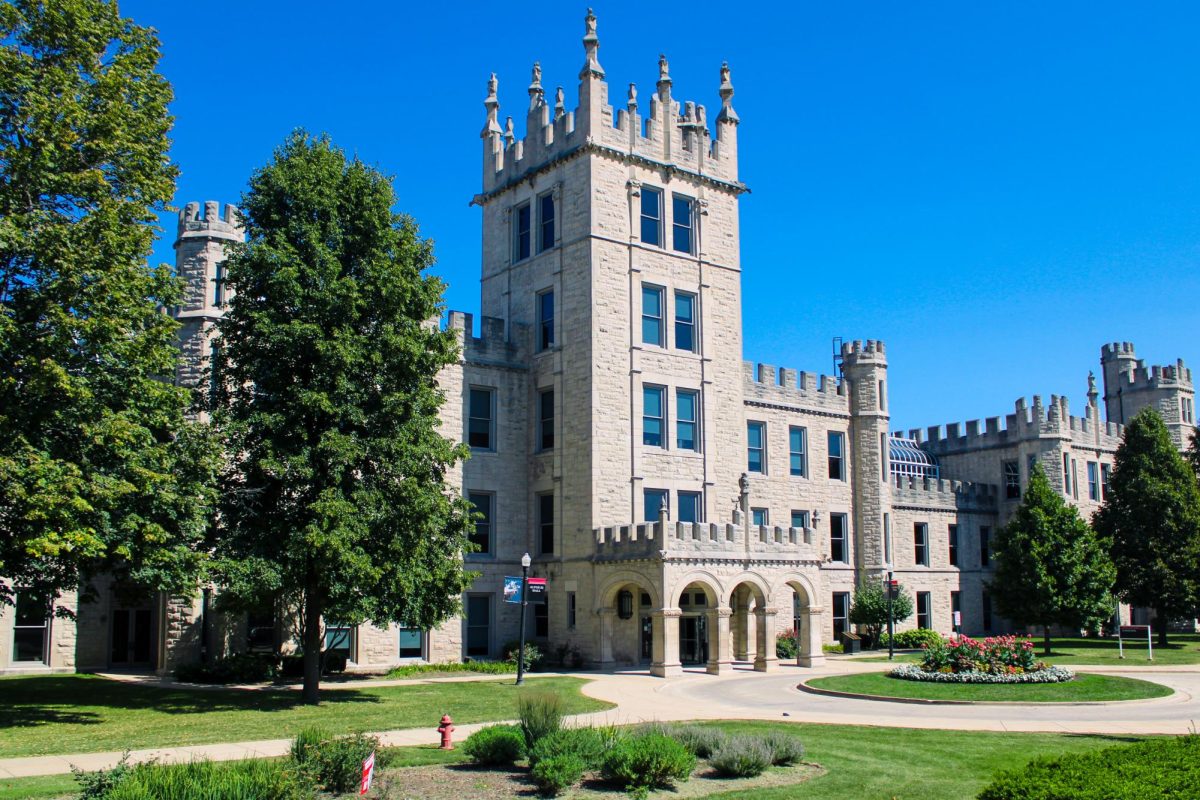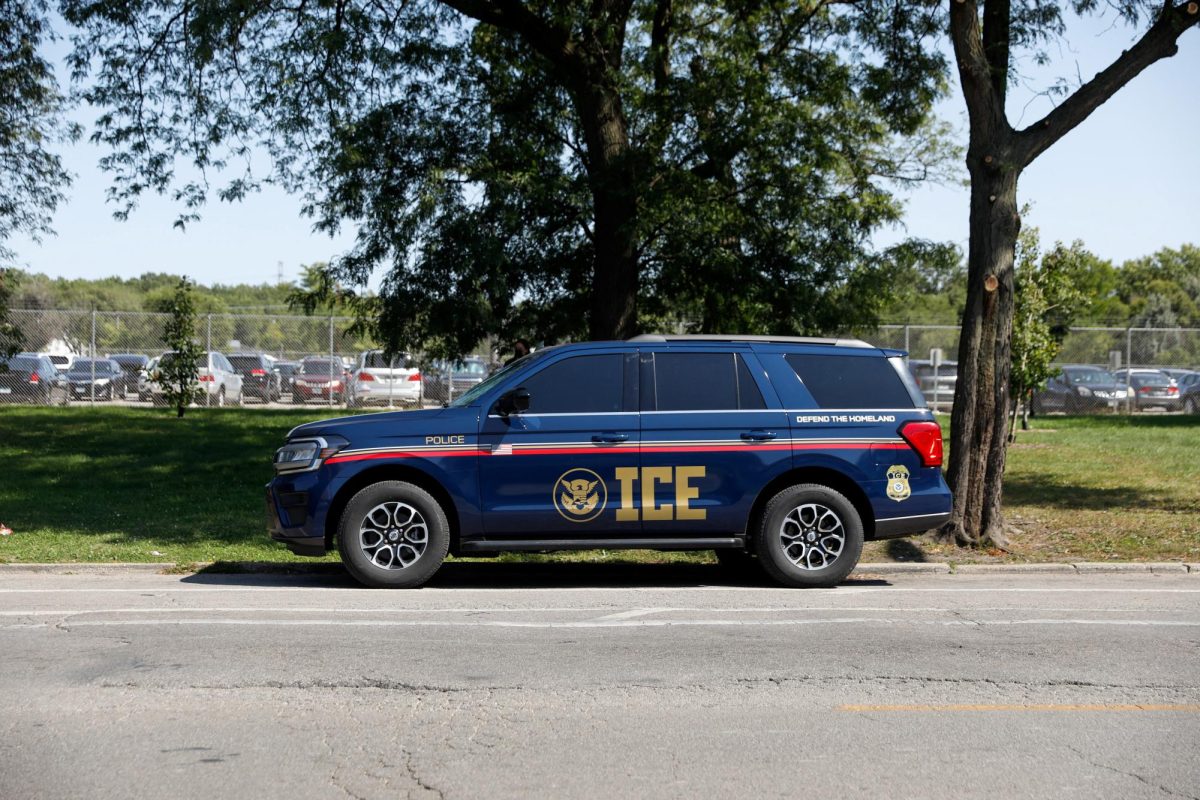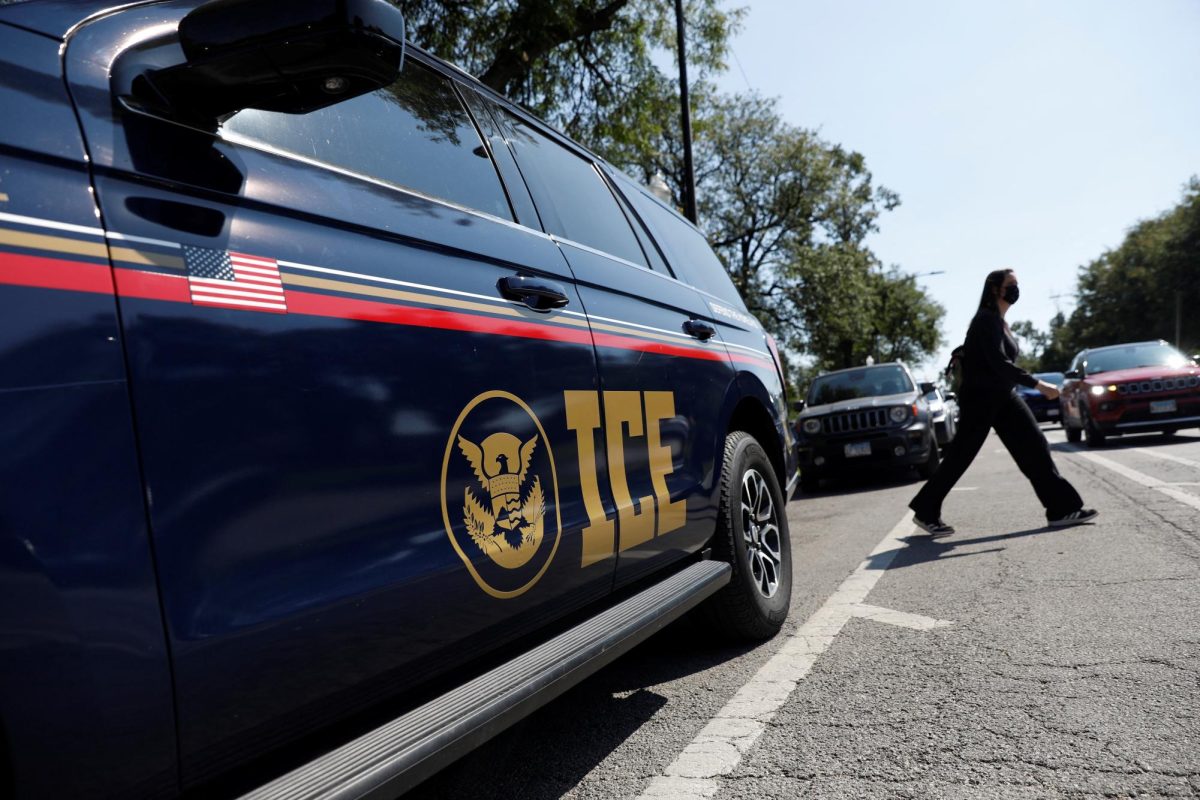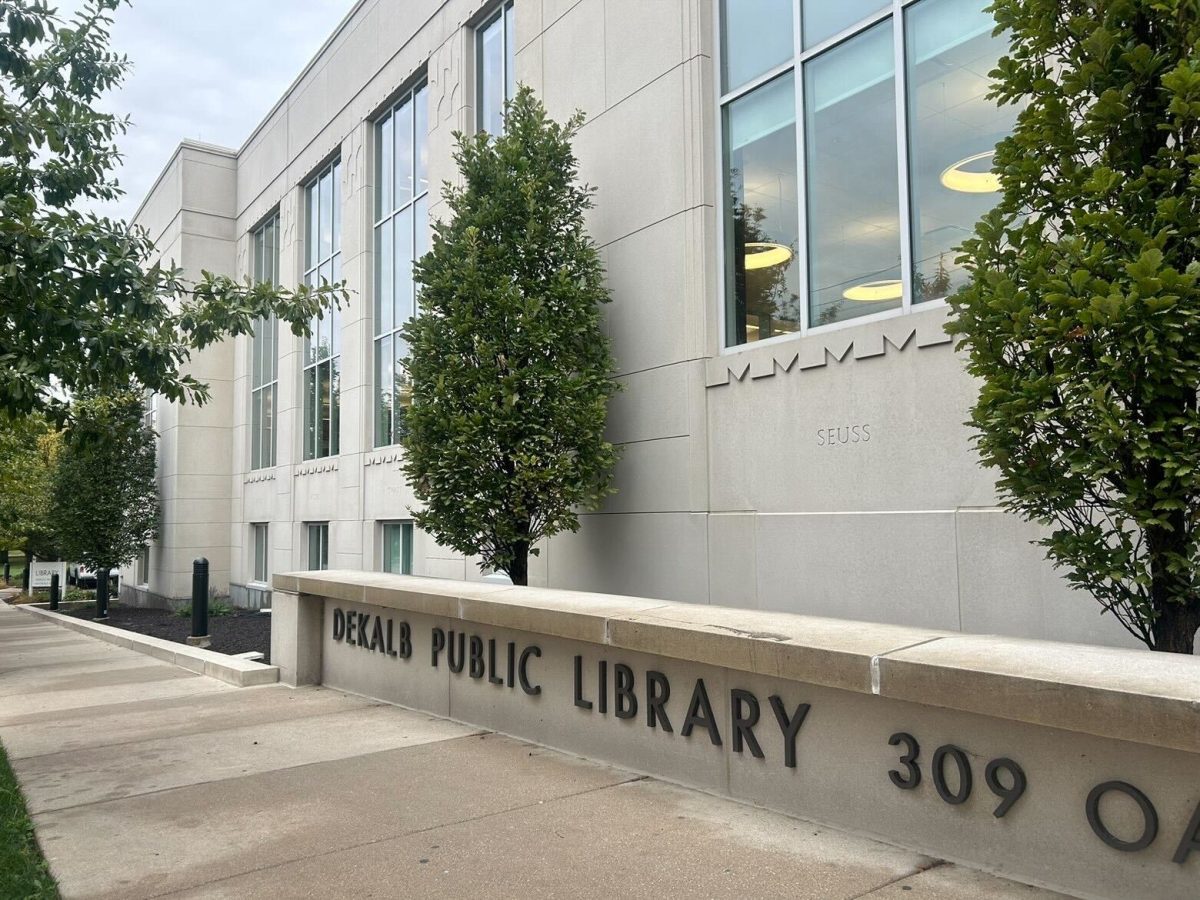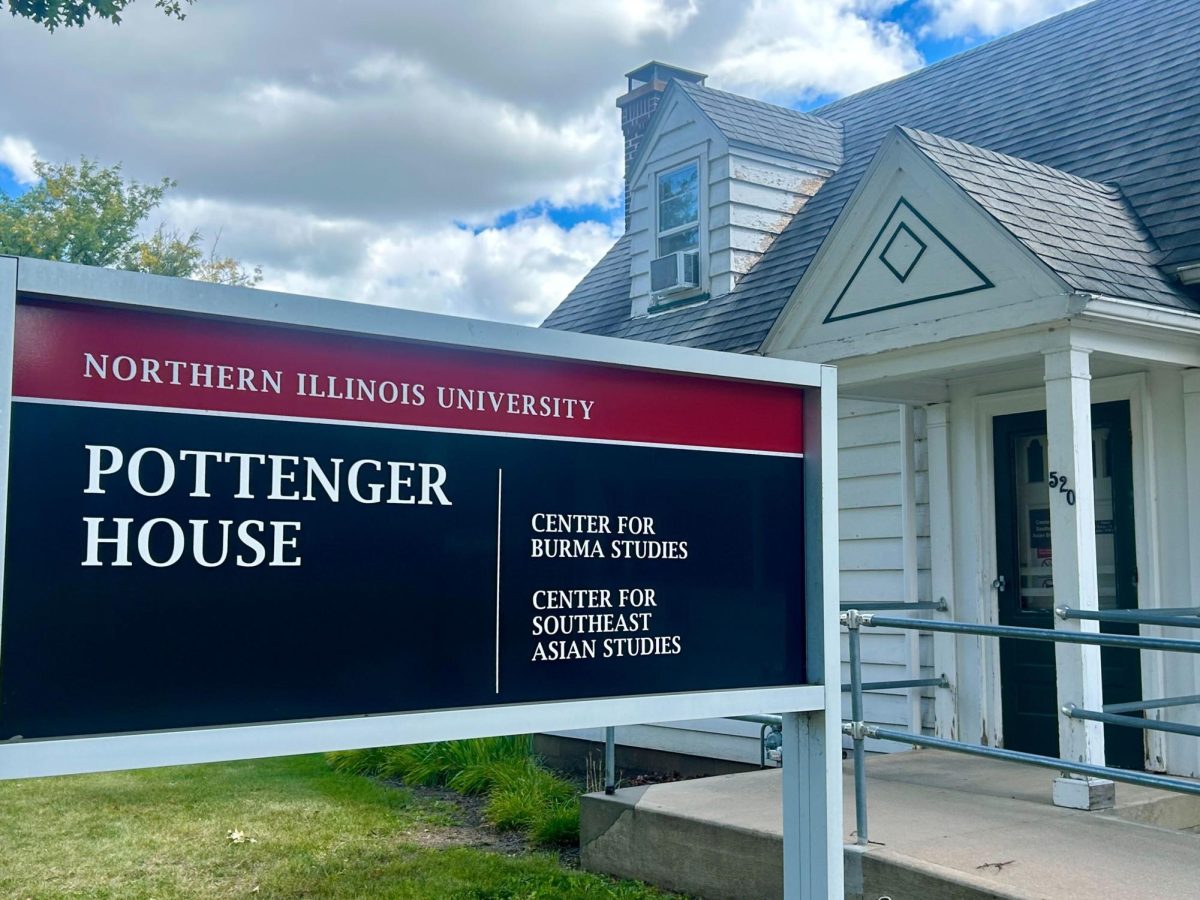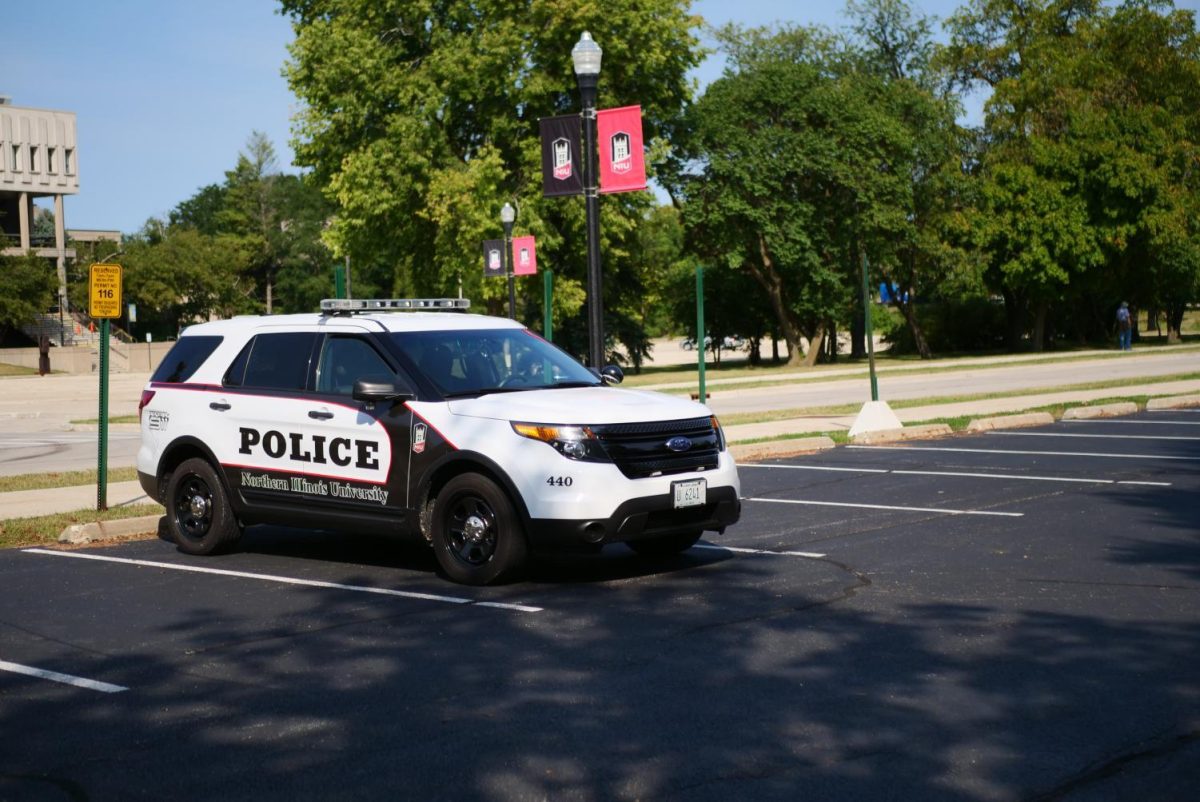DeKALB – Indian graduate student enrollment has decreased at NIU due to visa delays, which were most likely caused by problems within the State Department.
Since the fall 2021 semester, Indian graduate enrollment has steadily increased, peaking at 570 students in the fall 2023 semester. However, due to visa delays, that number has dropped to 423 students in the fall 2024 semester.
Stephanie Brown, director of International Student and Scholar Services, explains that the reason for these delays isn’t fully understood.
“The explanation given by the Department of State is that the volume of requests has increased, and their staffing has either not increased to coincide with that or decreased. But beyond that, the Department of State doesn’t really provide an explanation for why wait times are so long,” Brown said.
Lengthy visa delays could be due to the influx and record breaking number of international students coming from India, the second-largest sender of students to the U.S. according to U.S. News.
Depending on the consulate, people from India looking to get their visa should expect widely different wait times from 27 days to over a year, according to The Economic Times.
“So particularly for this year, what we saw were some pretty extreme and intense visa delays at certain times throughout the summer and late last spring (2024) semester. Depending on where in India a student needed to go to get their visa, there were wait times upwards of even 500 days. So yes, more than a year into the future is when they were offering appointments,” Brown said.
According to Inside Higher Ed, these delays disproportionately affect Indian students, partially because India is the fastest growing country for U.S. international students. Overall, they make up 25% of American international students.
Brown suggested that advocating to the State Department and other government agencies could help fix the problem.
“If the State Department gets itself together, I mean, that’s the solution, is advocating, with the State Department, with stakeholders, with Congress to say, ‘hey, maybe we need to invest in our staffing at our consulates and embassies abroad in order to support the requests.’ Right now, (that’s) not really a solution, but it’s a way to advocate to fix the problem,” Brown said.




